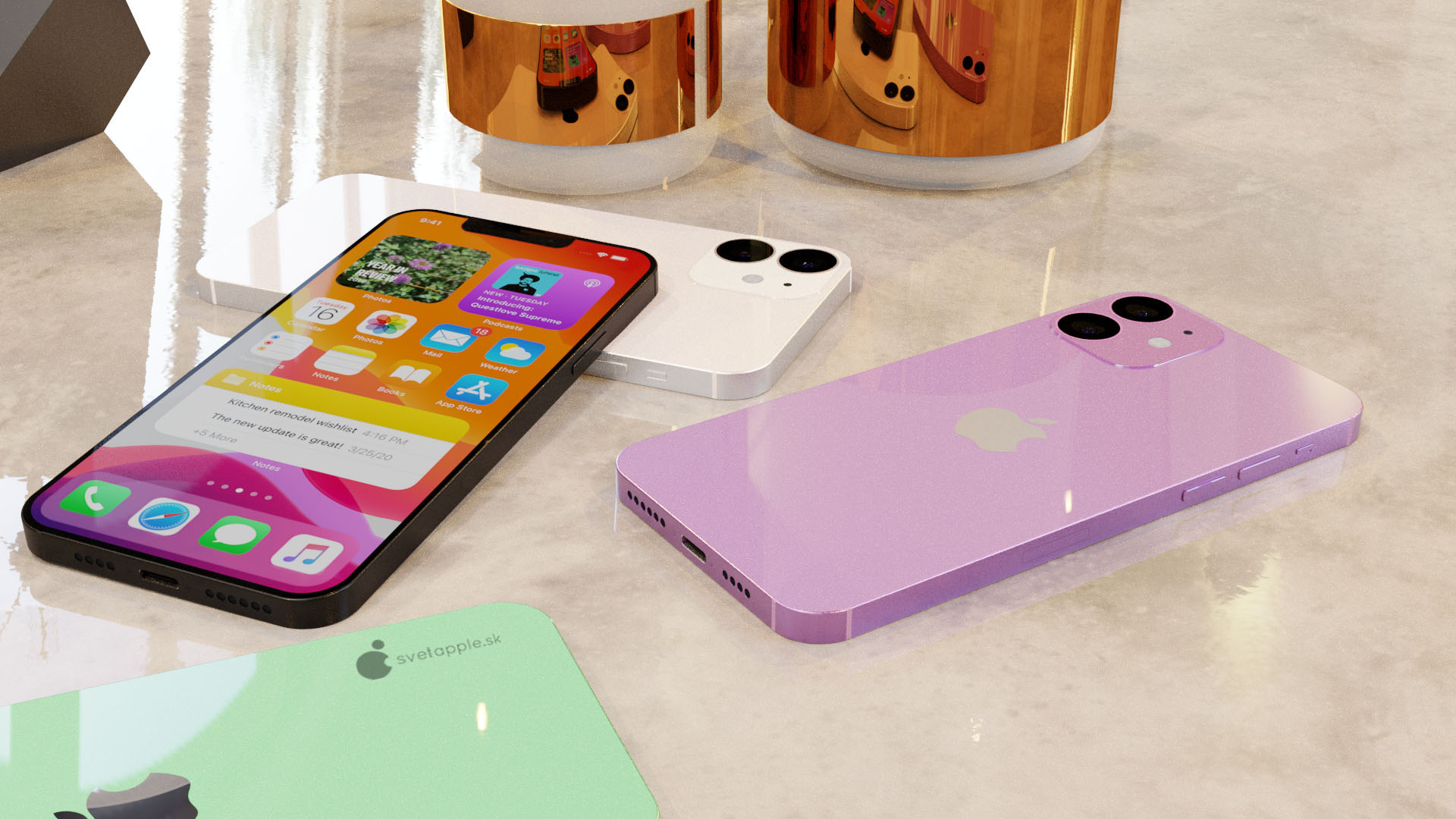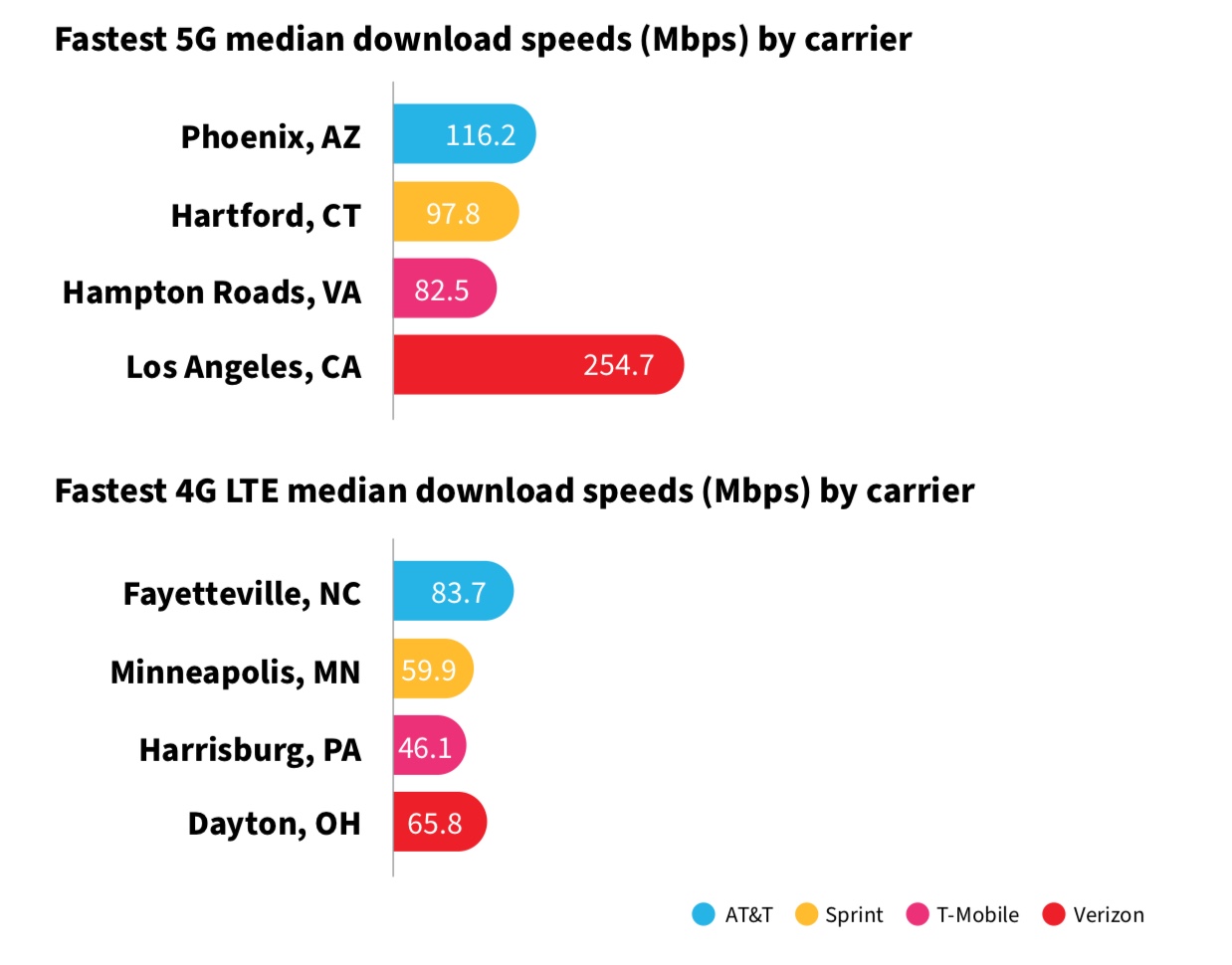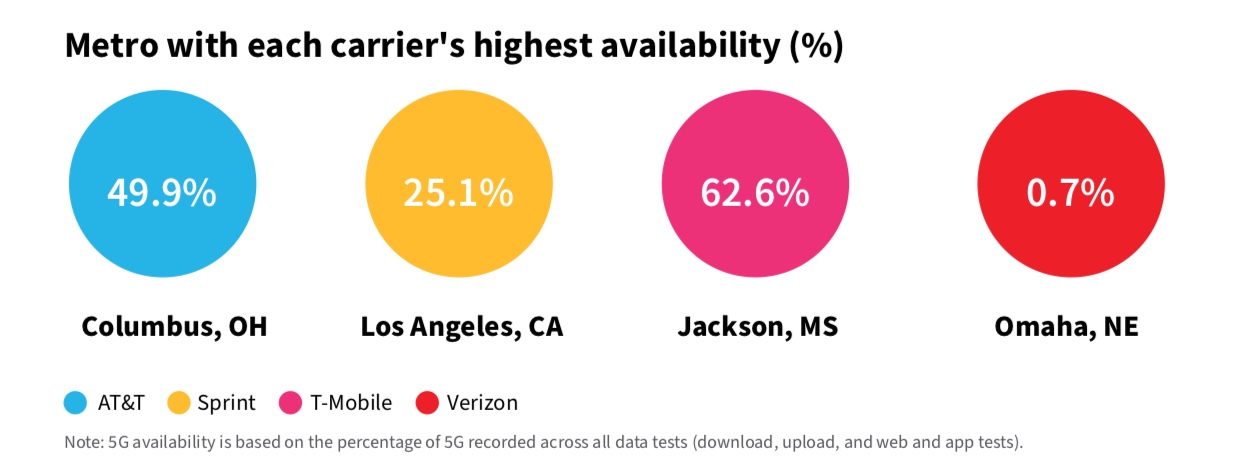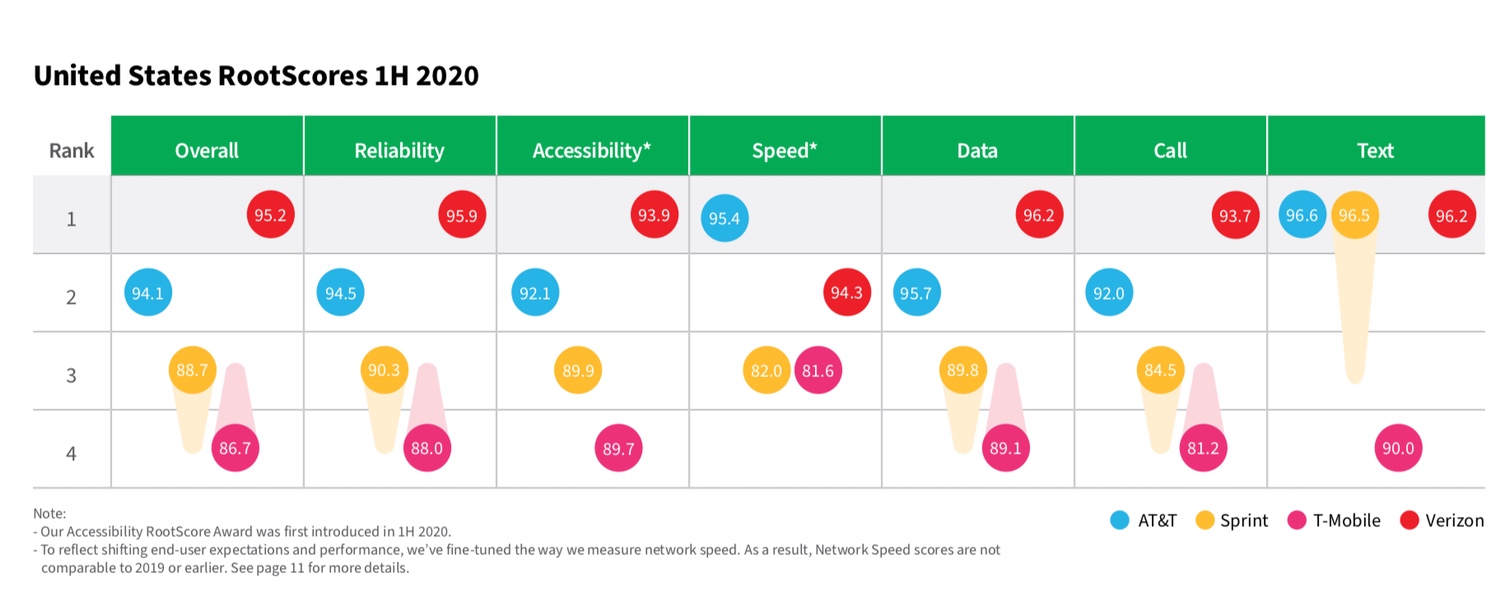iPhone 12 5G speeds should be fastest on this network — but there’s a catch
Verizon's 5G network is fast, but T-Mobile and AT&T have a wider reach

With the iPhone 12 likely to arrive next month, would-be shoppers may be considering whether to move to a new wireless carrier when they pick up their new phone. It’s an especially relevant question with the iPhone 12, as all four of Apple’s latest smartphones are expected to offer 5G connectivity, and the three nationwide carriers have very different 5G experiences right now.
So the timing is especially interesting for RootMetrics’ latest report on wireless carrier performance, which surfaced this week. The report looks at network speeds and reliability during the first six months of 2020, and it also includes significant data about 5G performance.
- The best 5G phones you can get right now
- Galaxy Z Fold 2 will beat the iPhone 12 — here's why
- Just in: iPhone 12 release date may have just leaked
The results? While AT&T was found to have the fastest network overall, Verizon once again took top honors by winning or sharing six of the seven awards RootMetrics handed out in this report, scoring outright wins in overall performance, network reliability, data performance, and call performance. Verizon also had the fastest 5G speeds — no surprise given its emphasis on high-speed millimeter wave-based 5G so far — but its 5G reach doesn’t approach that of AT&T and T-Mobile.
5G by the numbers
Focusing on 5G for a moment, RootMetrics described Verizon’s 5G speeds as “outstanding.” In contrast, RootMetrics found that T-Mobile’s 5G speeds were “similar on 4G LTE.” But that only tells half the story. RootMetrics’ testing period fell during the time frame when T-Mobile completed its merger with Sprint, with the Uncarrier in the process of incorporating Sprint’s mid-band 5G spectrum into its own network. That’s expected to boost T-Mobile’s 5G performance, though those gains wouldn’t be reflected in this report.

What’s more, T-Mobile enjoys the widest 5G reach of the major carriers, with 5G connectivity in 112 of the metro areas RootMetrics tests. AT&T was second with 78 metro areas. RootMetrics recorded 5G results in only 27 cities with Verizon.

Those numbers refrelct the different strategies each carrier has used to roll out their 5G networks, as we’ve seen in similar surveys from other testing firms like OpenSignal. Verizon has initially used mmWave-based 5G, which delivers big speed gains, but has a limited reach and is best deployed in dense urban areas. Low-band spectrum has a wider reach — that’s why T-Mobile and AT&T have used it to build 5G networks that boast a nationwide reach. But speeds are only modestly better than LTE. That’s why T-Mobile is so eager to add Sprint’s mid-band spectrum to improve its one 5G performance.
So what does all that mean if you’re considering 5G coverage when you make your iPhone 12 purchase? Verizon certainly delivers the best 5G speed at the moment, though its restricted to select areas in around three dozen major cities. Later this year, though, Verizon plans to use a technology called dynamic spectrum sharing that should improve its network’s reach. 5G signals for both AT&T and T-Mobile are still likely to reach more areas than Verizon when the iPhone 12 arrives, and those two carriers are looking to improve their own performance.
Sign up to get the BEST of Tom's Guide direct to your inbox.
Get instant access to breaking news, the hottest reviews, great deals and helpful tips.
The overall picture
It might help, then, to also take overall performance into account, and here Verizon stands out, at least by RootMetrics’ calculations. In addition to topping RootMetrics’ overall rankings, Verizon had the best reliability, call performance, data performance and accessibility. It shared top honors with AT&T and Sprint in texting performance.

AT&T won the speed category, posting a US aggregate median download speed of 42 Mbps. Verizon’s 36 Mbps median speed was good for second place while T-Mobile brought up the rear with a 20 Mbps result.
The RootMetrics report doesn’t seem to paint a very encouraging performance for T-Mobile, which finished last in six of the seven categories the testing firm measures, though RootMetrics noted the carrier delivers fast speeds in cities. “In many ways, the first half of 2020 could be seen as a transitional period, with work being done that could enable a big jump in performance for T-Mobile customers moving forward,” RootMetrics said.
This report was based on 2.7 million tests across more than 3,000 places in 125 metropolitan areas in the U.S. This marked the first round of testing conducted by RootMetrics with a crop of 5G-enabled devices.
Brittany Vincent has been covering video games and tech for over 13 years for publications including Tom's Guide, MTV, Rolling Stone, CNN, Popular Science, Playboy, IGN, GamesRadar, Polygon, Kotaku, Maxim, and more. She's also appeared as a panelist at video game conventions like PAX East and PAX West and has coordinated social media for companies like CNET. When she's not writing or gaming, she's looking for the next great visual novel in the vein of Saya no Uta. You can follow her on Twitter @MolotovCupcake.

